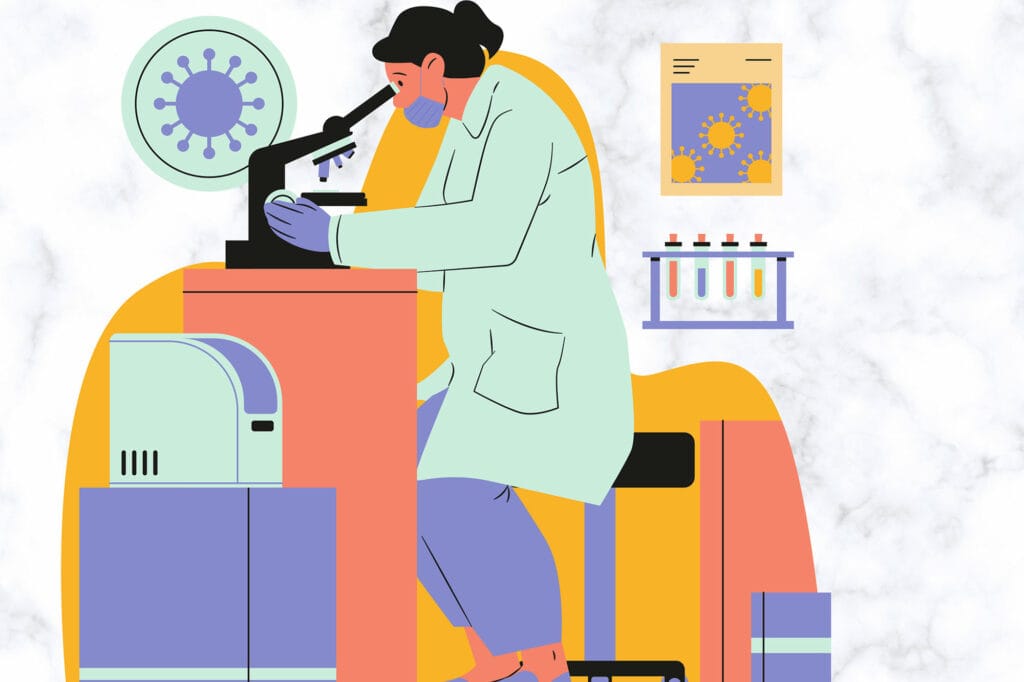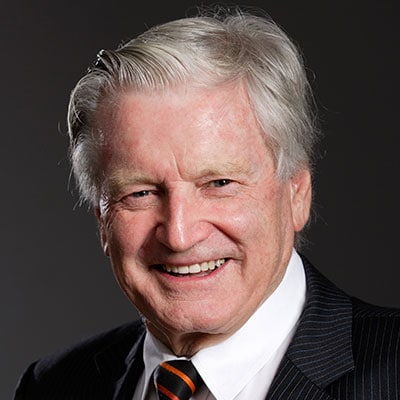Author: MS Research Australia.
MS Research Australia has just announced 20 researcher-led projects that have been awarded funding to start in 2021.
The new research into COVID-19 and MS in 2021 will add to data gathered by our Australian researchers in the first year of the global pandemic.
Each year we highlight some of the exciting and innovative new Australian MS research proposals awarded funding to commence in the new year. Funding is awarded based on rigorous scientific review. It is always difficult to decide which research projects to highlight, but given the events of 2020, no summary would be complete without showcasing research into MS and COVID-19.
Previous funding for COVID-19 research
Early in the pandemic, MS Research Australia funded research to gather as much data as quickly as possible so we could develop a complete picture of how COVID-19 was affecting the MS community. The first project led by Associate Professor Anneke van der Walt, was to work with the Australian and New Zealand Association of Neurologists (ANZAN) to establish a registry of people with MS or other neurological immune disorders who have also been infected with COVID-19. The second and complementary project was looking at patient reported outcomes, rather than just collecting data from neurologists. This project, led by Professor Ingrid van der Mei, is using the well-established infrastructure of the Australian MS Longitudinal Study (AMSLS) to rapidly survey and record information on COVID-19 infection in people with MS, directly from the people with MS themselves.
Information generated from those two projects has and is providing important data, to drive evidence-based guidance for people with MS, You can see some of the guidelines here, with more to come. As the pandemic continues it is critical that we continue research into this area.
Research commencing in 2021 into COVID-19
The first new project is looking at crisis resilience in people with MS. This project led by Dr Learmonth will explore both the prevalence and the impact of the 2019/2020 bushfires and the COVID-19 pandemic on the healthcare of people living with MS in Australia. This will be done by conducting interviews and surveys to more deeply understand the experiences and responses of people affected. Analysis of this information will provide the foundations for developing a toolkit to be used for healthcare-based disaster management for people living with MS in the future. This is very important as we know that in general, individuals living with disability may be up to four times more likely to sustain injuries or death in disaster situations compared to the general population.
For the second new project, Associate Professor Anneke van der Walt, has teamed up with MS researchers with a special interest in antibody measurement and biology, Association Professor Fabienne Brilot-Turville and Professor Simon Broadley, to measure SARS-CoV-2 antibodies in the blood. This is a way to determine whether someone has been infected by the virus or not. It is believed that there may have been a large number of people infected with the virus that went undetected e.g., if they had no symptoms or very mild symptoms. The total number of COVID-19 infections might be 10 times higher if these cases were identified. To understand the effects of MS (and MS medications) on a person’s risk of infection and COVID-related mortality, it is important that we know the true infection rate. The team’s MS immunology researcher, Associate Professor Fabienne Brilot-Turville, has developed a highly sensitive way of detecting antibodies in the blood against SARS-CoV-2 and will use this novel test in approximately 600 people with MS on various MS treatments. This will help to determine the effects of MS disease-modifying therapies on a person’s risk of developing COVID-19.
What does this mean for people with MS?
These new projects complement the previously funded and ongoing projects into COVID-19 and will help develop a fuller picture of MS and COVID-19. Research in crisis resilience will help build a buffer to ensure there are adequate tools for people with MS at times of crisis exemplified by the global pandemic.











